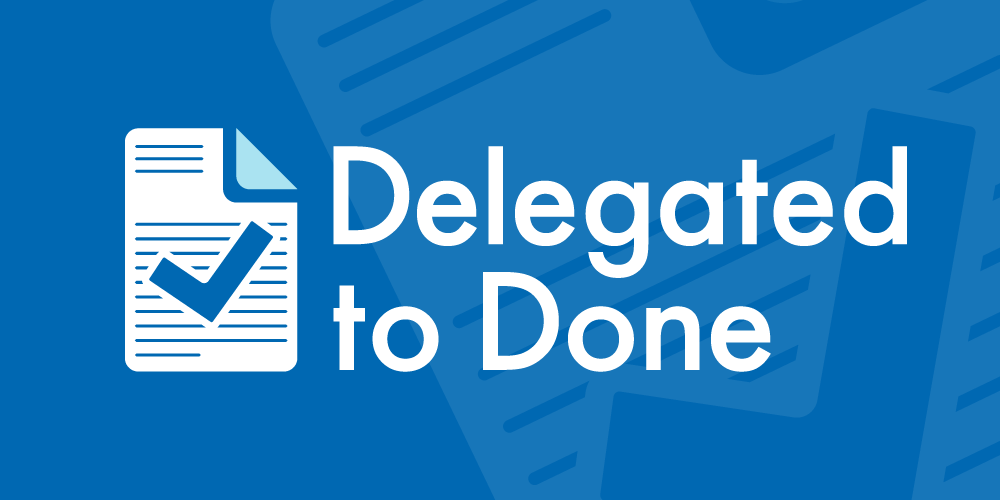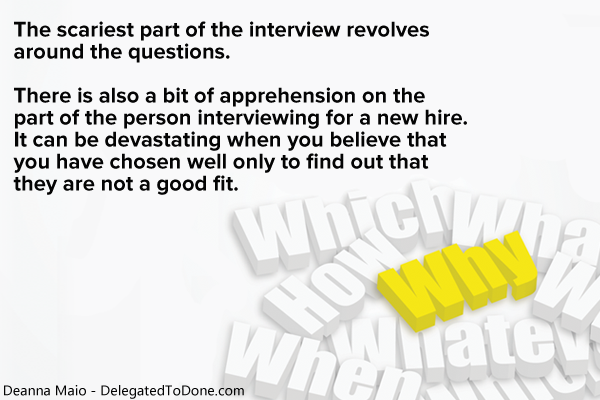The chance to meet with your job candidates one on one is crucial. What transpires between you and each interviewee will assist with determining if that person is suitable to fill the job available. Keep reading to find out four types of interview questions to add to your interviewing model.
A Scary Proposition
The scariest part of the interview revolves around the questions. What will the interviewer ask? What answers are they seeking? There is also a bit of apprehension on the part of the person interviewing for a new hire. It can be devastating when you believe that you have chosen well only to find out that they are not a good fit. Such a situation can make you gun shy, mistrust your judgment.
You can rest easy, however. With a bit of instruction, learn to take the guesswork out of hiring the most suitable person for any position that needs to be filled. These questions are designed to investigate the talents possessed by the candidates, how well those talents align with those of successful employees, personal qualities and experiential information that may be helpful to the current position. In the back of your mind, consider from your answers if the candidate can do the job, how well they can do it and whether or not they even want the job in the first place. You’d be surprised how many people interview for a certain position at the suggestion of another but have no interest in it.
- “Tell me” questions – Everyone dreads these types of questions but you can assist by putting your interviewee at ease so that the answers can flow easier. For best results, choose wording for these questions that will result in more than a simple yes or no answer.
- “Get to know you” questions – These are designed to assess who the candidate is as a person. Interpersonal skills are also important when it comes to surviving on a team. Lack of communication can be a monkey wrench in your group dynamic.
- “Situational” questions – These involved soliciting “off-the-top-of-your-head” answers. Example scenarios can actually be true situations from the office. You know how the situations turned out, but your candidate doesn’t. Discover how they would handle the same situations to bring about a positive outcome.
- “Prior job” questions – What types of skills were useful to them in previous employment? What situations did they face? Why did they leave each previous job in their career?

